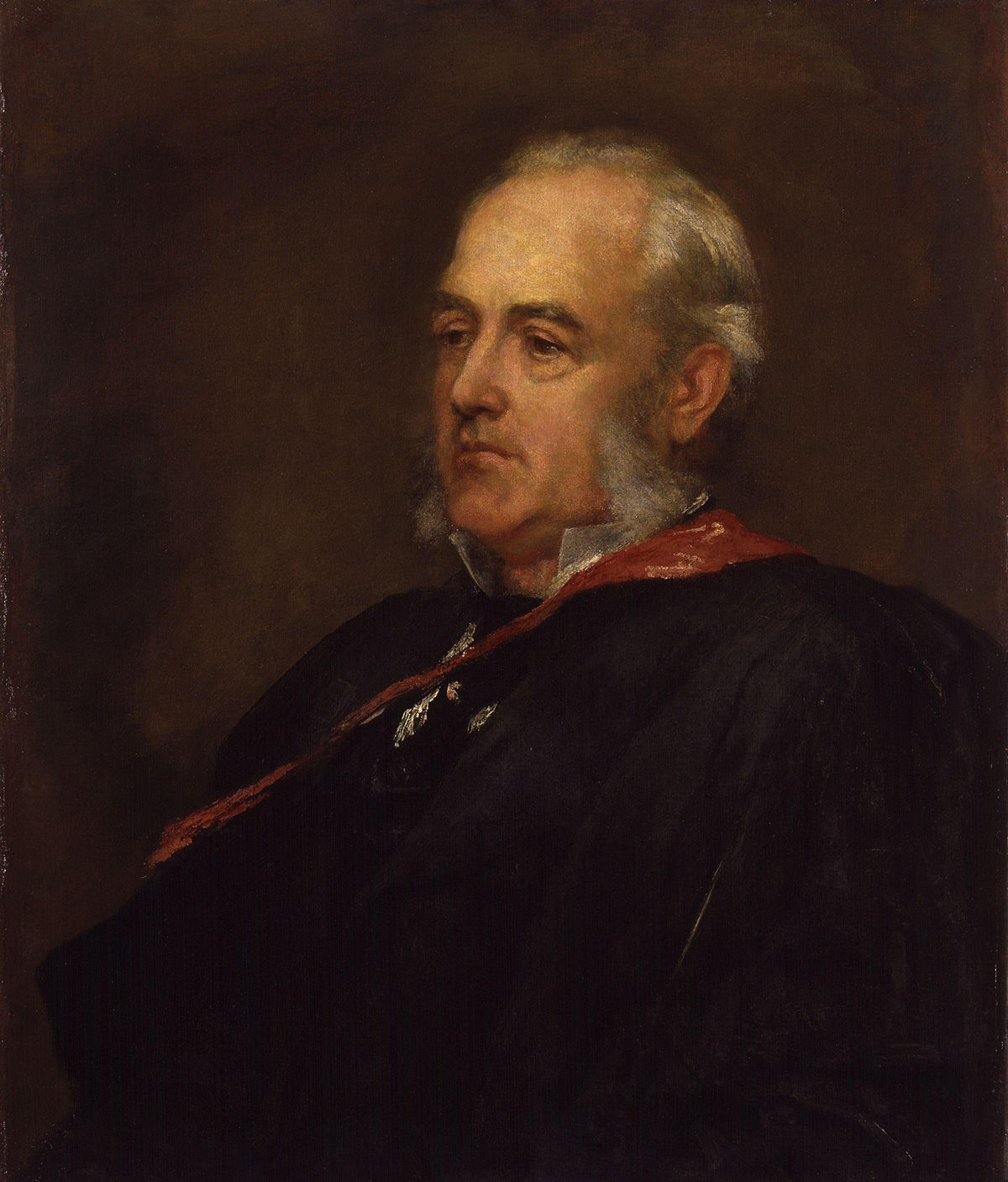
Hindu Renaissance
Indianapolis, IN, USAWith the onset of the British Raj, the colonization of India by the British, there also started a Hindu Renaissance in the 19th century, which profoundly changed the understanding of Hinduism in both India and the west. Indology as an academic discipline of studying Indian culture from a European perspective was established in the 19th century, led by scholars such as Max Müller and John Woodroffe. They brought Vedic, Puranic and Tantric literature and philosophy to Europe and the United States. Western orientalist searched for the "essence" of the Indian religions, discerning this in the Vedas, and meanwhile creating the notion of "Hinduism" as a unified body of religious praxis and the popular picture of 'mystical India'. This idea of a Vedic essence was taken over by Hindu reform movements as the Brahmo Samaj, which was supported for a while by the Unitarian Church, together with the ideas of Universalism and Perennialism, the idea that all religions share a common mystic ground. This "Hindu modernism", with proponents like Vivekananda, Aurobindo and Radhakrishnan, became central in the popular understanding of Hinduism.
